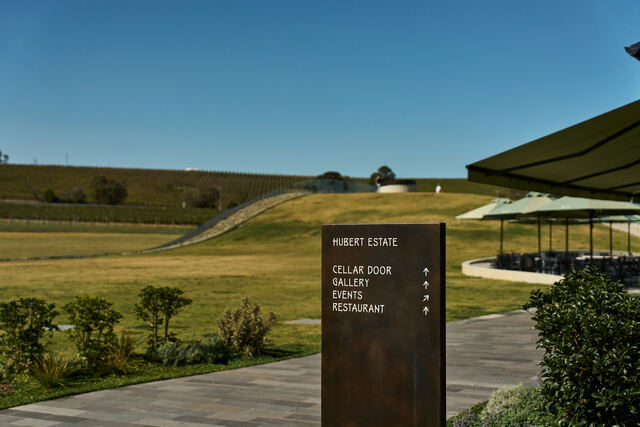By Melissa Donchi
WATCHING her 30-year-old son’s latest court case, Mary Thomas found herself hoping the magistrate would just put him away.
It’s not the first time the Yarra Glen mother of two has felt this desperate.
Only a month ago she was forced to call the police when her son Glenn, who suffers from severe mental disabilities, overdosed on his medication.
They took him to hospital but he was released the next day. He spent the next few nights in the park.
“There is nowhere for him to go,” Ms Thomas said.
“They just handball him back from one place to another and in the meantime he just gets worse.”
Diagnosed at the age of 20 with schizophrenia, a borderline personality disorder and depression, Glenn has been in and out of rehabilitation facilities for most of his adult life.
“They let him stay for a few days but he can walk out of there whenever he wants,” Ms Thomas said.
“He’ll stay for a day and drink himself stupid at the pub the next.”
His behaviour is so erratic and unpredictable it has caused him trouble with the law on more than one occasion.
Dr Peter McDonald teaches law and legal studies at La Trobe University and says the current mental health system does not offer adequate services for people like Glenn.
“There really needs to be some kind of mandatory detention in the mental health system,” Dr McDonald said.
“Glenn is clearly not in the right state of mind to voluntarily undergo rehabilitation – he needs to be forced.”
Dr McDonald said he agreed with voluntary rehabilitation is most cases but said it was ineffective in some circumstances.
“I think we have to consider mandatory detention, especially for dual diagnosis,” Dr McDonald said.
“Otherwise there is nothing we can really do for them.”
Clinical Adviser to Beyond Blue and Associate Professor Michael Baigent says it is easy for people with a dual diagnosis to fall between the cracks of the system.
“They are given a message to address their substance abuse first before they can get help for their mental illness or vice versa and nothing ends up being done,” Mr Baigent said.
Beyond Blue statistics reveal that more than 50 per cent of people with bipolar disorder have coexistent substance abuse disorders, while 30 per cent of people with schizophrenia have alcohol dependence with a 30 per cent reliant on cannabis.
More than 16 per cent of people with depression abuse alcohol.
While the State Government has recently invested in a new $8 million dual diagnosis program to prevent people from falling through the cracks of the current system, Ms Thomas says she is yet to see the results.
“The media release said it will take up to three years to get the program up and running,” Ms Thomas said.
“I’m more concerned with what happens to my son in the meantime.”
Mother pleas to restrain son
Digital Editions
-

Bakes, brews and beautiful views
Since 2006, Beechworth Bakery Healesville has been delighting locals and visitors with freshly baked favourites right in the heart of town on Maroondah Highway. Part…





